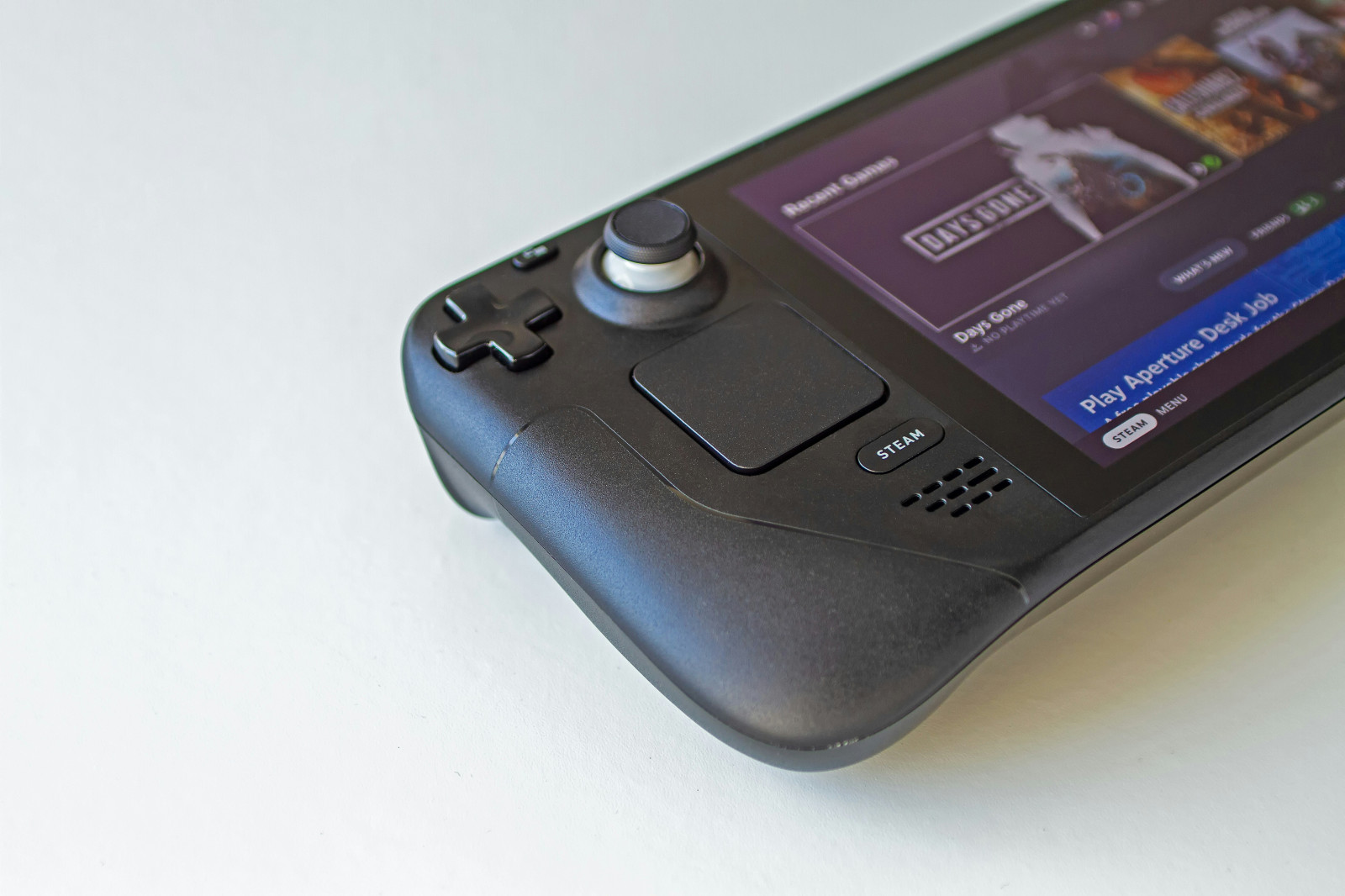Steam is the unlikely winner of the modern console wars – for now

Photo: Edgar Almeida

Thanks to console manufacturers and third-party publishers moving content to Steam, Valve now boasts one of the most diverse AAA offerings on the market, benefitting from new strategies adopted by Xbox and PlayStation.
As console manufacturers and distributors, Microsoft and Sony are stuck between a rock and a hard place. They are public companies that must grow their revenues to appease shareholders. But there is a huge hurdle in the way.
The console player number is largely static. Maximising revenues from current console players has served the gaming giants well over the past few generations, but that well is running dry. They need to grow their userbases to continue growth.
The so-called ‘’console wars’’ have raged on as PlayStation and – to a lesser extent – Xbox withhold exclusives from each other to compete. Amid this, an unlikely winner has emerged: Valve’s Steam.
Growing addressable markets via PCMIDiA’s Q4 2023 consumer survey shows that over a quarter of consumers play a PC game monthly, making the platform an important growth vector for PlayStation and Xbox. PC’s biggest digital storefront, Steam, now includes Xbox and PlayStation games.
Xbox titles have been on Steam since 2019, with PlayStation titles made available in 2020. Xbox releases games on Steam at launch as part of the company’s ‘’play anywhere’’ initiative. Xbox positions itself as a platform with content accessible via a plethora of devices as a way to differentiate itself from PlayStation. For now, Xbox is still competing directly with PlayStation in the console space, meaning it needs to withhold many games from Sony’s hardware. However, Xbox is choosing to bring more first-party titles to PlayStation.
Meanwhile, PlayStation games have typically hit Steam years after console. Nevertheless, the time gap between PlayStation’s console and PC releases is decreasing. Helldivers 2, a 2024 PlayStation second-party game, launched on PC and PlayStation simultaneously. Helldivers 2 surprised the market by becoming one of the biggest hits this year so far.
One contributor to Helldivers 2’s success is the organic marketing push games can get from being on Steam early. High-potential Steam games like Helldivers 2 are often adopted early by big streamers on Twitch, increasing word-of-mouth interest.
Furthermore, 13% of Steam’s weekly active users livestream their own gameplay versus just 5% of gamers on average. Games launching on Steam often benefit from a higher organic push from users streaming gameplay. Simultaneous PC launches have undoubtedly risen a few ranks in the PlayStation playbook.
PlayStation should launch its online games simultaneously on PC going forward. However, its prestige single-player games should launch six months after console; PlayStation needs the PS5 to retain some unique value proposition. Six-month exclusivity is a valuable enough proposition for today’s FOMO-heavy core gamer community.
Featured Report
India market focus A fandom and AI-forward online population
Online Indian consumers are expected to be early movers. They are high entertainment consumers, AI enthusiasts, and high spenders – especially on fandom. This report explores a population that is an early adopter, format-agnostic, mobile-first audience, with huge growth potential.
Find out more…Long term, however, PlayStation might need to do simultaneous launches across the board. After all, younger consumers increasingly expect content to be available everywhere. While PlayStation is the console market leader, Xbox’s strategy and messaging are adding pressure.
The Steam Deck: Valve’s trojan horse into the ''console'' market
In 2022, Valve released its portable console-like Steam Deck, letting gamers access their Steam libraries via a device capable of running modern AAA games. The Steam Deck is Valve’s trojan horse into a console-like market, and the device runs games from the biggest franchises on PlayStation (God of War, Spider-Man) and Xbox (Halo, Forza) as well as third parties.
The Steam Deck has already sold ‘’multiple millions’’ according to Valve – a promising start. PlayStation offers the PlayStation Portal (a companion device that lets players stream content from their PS5s to the Portal’s screen) and Xbox partners with some portable PC manufacturers, but neither PlayStation nor Xbox offers a modern native portable gaming device.
Meanwhile, Xbox and PlayStation content is available on Steam and Steam Deck, so the two companies have inadvertently given Valve a competitive advantage. PlayStation is still a hardware brand at its core and arguably has more valuable content than Xbox, so losing its competitive advantage might eventually become a problem for Sony.
Steam’s future
The content floodgates are opening. Steam is well positioned as the market leader in the PC storefront space. But there are risks:
- Many publishers have switched to an engagement-led business model, so Steam could one day be vulnerable to nascent distribution methods like subscriptions and cloud.
- Steam faces competition from the Epic Games Store and other stores.
- Steam has moved away from original content and is now mostly a distributor.
Any big shifts in PC content consumption in the future could spell trouble for Steam. While many PC diehards have intense bonds to Steam, that might not ring true in the future. After all, younger generations are more platform agnostic, and more games are cross-platform than ever.
Longer term, Valve might be forced to shift its strategy to adapt to market changes, perhaps via investing more heavily into original content again or adopting other distribution like subscriptions.
Is Valve for sale?
Valve would make an enticing acquisition for anyone seeking a distribution foothold on PC. But is Valve actually for sale? This is highly unlikely, at least anytime soon.
PlayStation would surely love Steam under its umbrella, but it lacks the capital for Steam in its current form. Steam would also be enticing for Xbox, which does have the capital as well as the lofty goal of reaching three billion players. Yet, Xbox would draw the ire of anti-competitive regulators, especially after its drawn-out, contested acquisition of Activision Blizzard. A media company or another tech major, like Tencent, is another hypothetical.
There's a BIG but, though. Valve is privately held, so hostile takeovers or outside pressures are mostly moot. Valve’s co-founder, Gabe Newell, is known to have a large stake in Valve and hinted he won’t sell. Still, Newell is in his 60s and nearing retirement, meaning an acquisition in the future is not impossible.
One thing is certain: Steam has hugely benefited from ongoing growth strategies from publishers and platform holders. While there are strategic challenges to address in the long term, Valve has previously shown a knack for adapting to the market’s choppy waters.

There is a comment on this post, add your opinion.